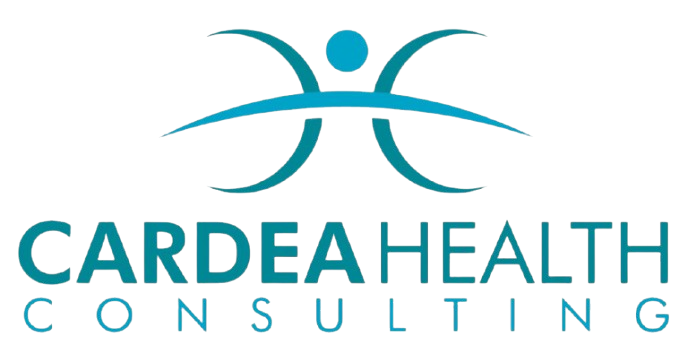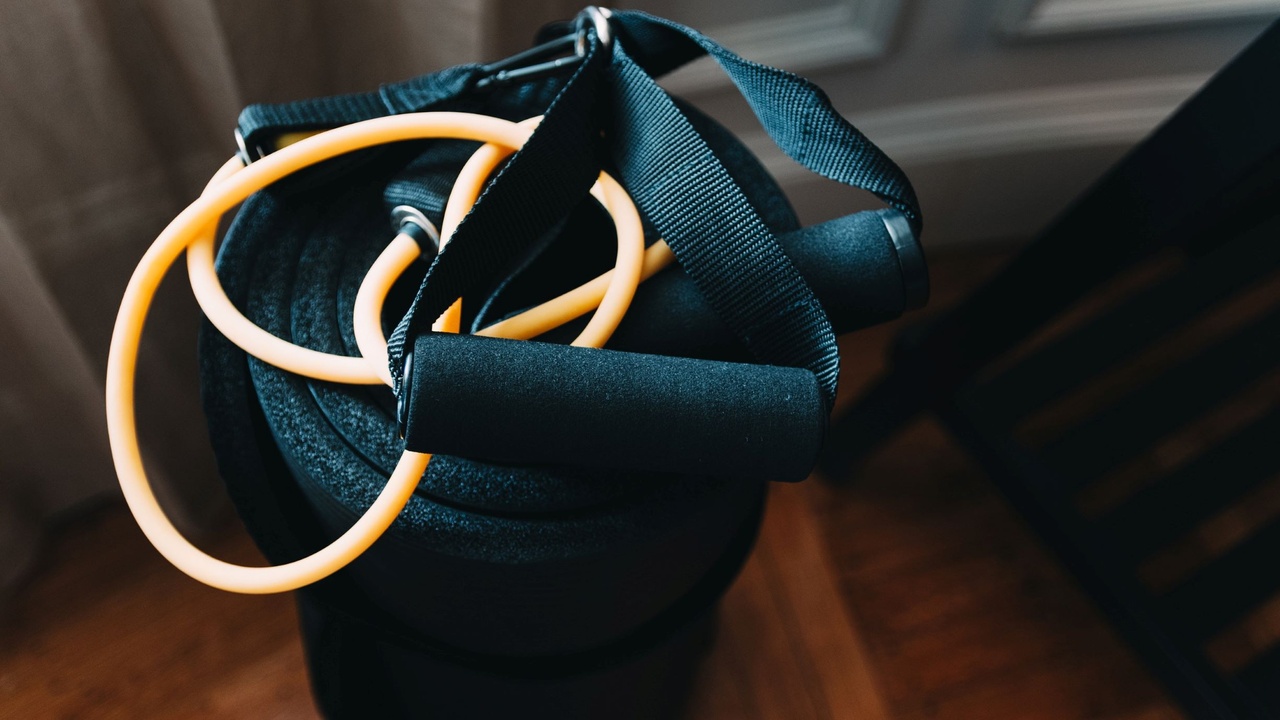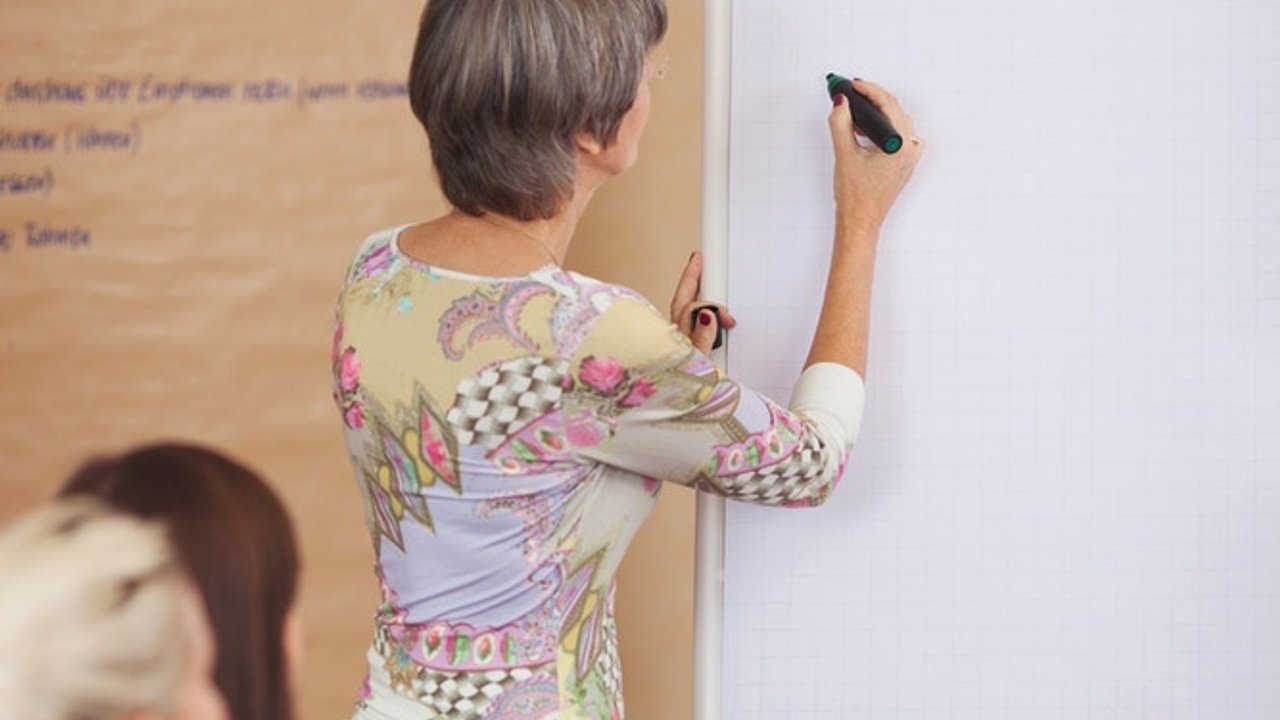For many years the word I have heard most used by women in midlife and older to describe themselves is “invisible.” Invisible seems to be a catch-all term for how many women feel they are viewed in the workplace and, more generally, in day-to-day life. Because I wanted to know if this was more tha
...On The Blog
One of the things that suffered the most during the first part of the pandemic was social networks (and not the online kind). With all the benefits that working from home provided, it also meant that our social outlet at work (and for many, their regular social life) all but disappeared overnight.
...Choosing high-quality workplace wellbeing programs has taken on a new urgency given reports of increased stress, burnout, self-reported poor health and ultimately attrition of women in the workplace. Well-rounded wellbeing offerings include a physical training component that can serve a dual purpose...
If you work with women in midlife and older, you may not know that one of the more alarming things going on for many of us is something referred to as “brain fog.” Many women report struggling with memory and forgetfulness, especially during the perimenopausal years. This is incredibly distressing f...
In 1967 Katherine Switzer made history by sneaking into the Boston marathon under a male name and wearing an oversized hoody. The race director spotted her, jumped onto the course and tried to rip off her entry number. Switzer's partner intercepted the attack and famously yelled, "Run like hell!" Fo...
Sleep issues (getting too little or too much) are associated with health problems. When sleep issues become chronic, women are at higher risk for increased inflammation, problems related to weight gain, increased sensitivity to pain, fatigue, the risk for injury, and reduced cognitive and physical
...Lately, I've thought a lot about the concept of age-friendly workplaces. For context, I've spent much of the past decade working on projects to help cities become more age-friendly by using a framework developed by the World Health Organization (WHO). The framework includes eight interrelated domain...
For most midlife women, taking care of themselves is one more thing on a long list of daily tasks. We tell ourselves that we'll exercise or work on lowering our stress when we have more time. Unfortunately, many women don't have the time to prioritize their health until they face a chronic illness
...An increasing body of research suggests employers who don't recognize the impact of the menopausal transition on employees may face significant financial consequences. In a large US study of over a quarter of a million women in the workplace, researchers found that untreated menopausal vasomotor sym...











